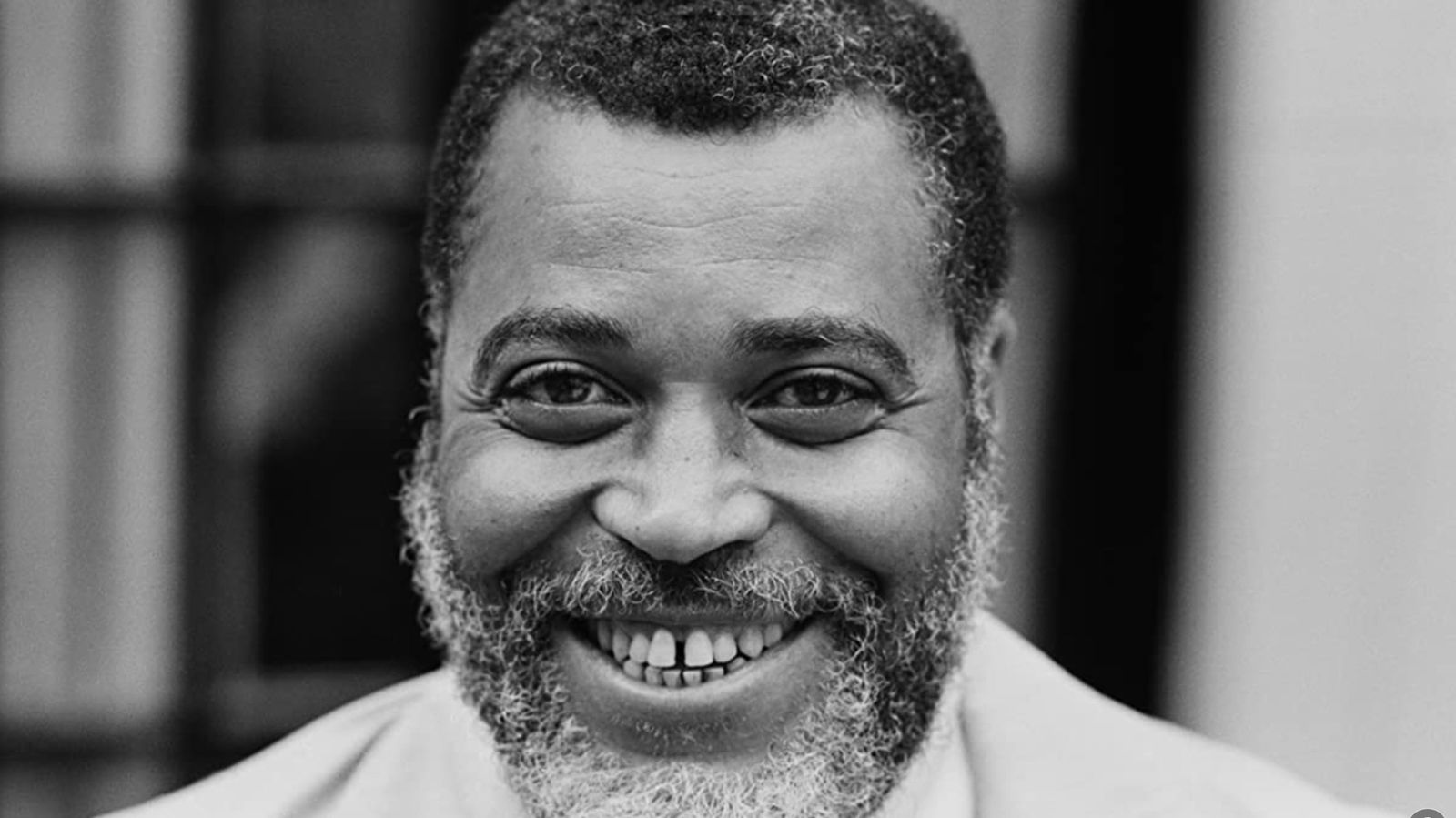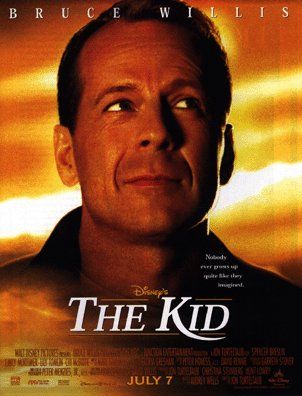
James Earl Jones of His Mentor: He ‘Helped Guide Me to Author of the Scriptures’ and ‘Find Abundant Life’
By Movieguide® Staff
Note: This story is part of our Faith in Hollywood series. For similar stories, click here.
Actor James Earl Jones, known for the iconic voice of Darth Vader in the STAR WARS franchise, said that his “greatest honor” came when he recorded the New Testament on tape.
However, Jones revealed that, as a child, his voice was not the formidable or grand one fans have come to admire.
“Since I was eight I’d had trouble speaking. It was so bad that whenever I stood up in class to read, the other kids snickered and laughed. I always sat down, my face burning with shame,” Jones wrote in an article from 1993. “I’m not sure what caused my stuttering. Perhaps it was an emotional problem. I was born in Arkabutla, Mississippi, and when I was about five, I moved to live with my grandparents on their farm near Dublin in northern Michigan. It was traumatic moving from the warm, easy ways of catfish country to the harsh climate of the north, where people seemed so different.”
He continued: “Fortunately, my granddaddy was a gentle man, a farmer who taught me to love the land.”
Jones said that his grandfather’s kindness and heart for mentorship came from his strong faith, which Jones witnessed every Sunday morning.
“He was short and he had a prodigious amount of energy. He even built a church to please Grandmother, a fervent worshiper of the Lord,” Jones said. “All sorts of people were invited to our little church; white, black and American Indian came together in a nondenominational fellowship. Granddad’s Irish heritage came out in his love for language; during the week he used “everyday talk,” but on Sunday he spoke only the finest English.”
Jones confessed that his grandfather’s commanding voice discouraged him further, and he stopped going to Sunday school. Jones said that his insecurity with his speech grew as he got older.
“I could talk, all right. Our farm animals knew that. I found it easy to call the pigs, tell the dogs to round up the cows, and vent my feelings to Fanny, the horse whose big brown eyes and lifted ears seemed to express interest in all I said. But when visitors came and I was asked to say hello, I could only stand, pound my feet, and grit my teeth,” Jones said. “That awful feeling of my voice being trapped got worse as I grew older.”
When Jones was 14, he met Professor Donald Crouch, an English teacher who loved the written and spoken word.
“Donald Crouch was a tall, lean man with gray hair; English was his favorite subject, poetry his deepest love. He’d been an associate of Robert Frost,” Jones said. “He held a book of poems as if it were a diamond necklace, turning pages as if uncovering treasures. He memorized a poem every day, explaining that if he ever lost his eyesight he would still be able to savor all that beauty.”
He continued: “When he learned that I not only loved poetry but was writing it, we found a kinship. There was, however, one difficulty between us. Professor Crouch (we always called him that) could not stand the fact I refused to read my poems to the class.”
Jones recalled the turning point came when Crouch forced him to read aloud in class:
“Jim, poetry is meant to be read aloud, just like sermons,” he pressed. “You should be able to speak those beautiful words.”
I shook my head and turned away.
Then he tricked me. I labored long and hard on a poem, and after handing it in I waited expectantly for his critique. It didn’t come. Instead, one day as the students assembled, he challenged me. “Jim, I don’t think you wrote this.”
I stared at him in disbelief. “Why,” I started, anger flooding me, “’course I did!”
“Well, then,” he said, “you’ve got to prove it by getting up and reciting it from memory.”
By then the other students had settled at their desks. He looked at me meaningfully and nodded. With knees shaking, I walked up before my peers.
“Jim will recite his latest poem,” announced Professor Crouch.
For a moment I stood breathless. I could see smirks and wry smiles on some faces. Then I began. And kept going. I recited my poem all the way through—without hesitation or fault! I stood amazed and floated back to my desk in a daze, amid wild applause.
Afterward, Professor Crouch congratulated me. “Aha,” he said. “Now we have something here. Not only will you have to write more poetry and read it aloud to know how good it feels, but I’m sure that you will want to read other writers’ poetry before the class.”
It did not take long for Jones to grow in his confidence under the mentorship of Crouch. Jones noted that Crouch never forced his opinion on his students but was open about his belief that purpose is found in God.
“I discovered I did have a voice, a strong one. Under Professor Crouch’s tutelage, I entered oratorical contests and debates. He never pushed anything at me again; he just wanted all his students to wake up. He never even pressed us with religion but figured if we did wake up we would find God, find our calling and, in so doing, find life,” Jones recalled. “As my stuttering disappeared, I began dreaming of becoming an actor, like my father, who was then performing in New York City. No one in my family had ever gone to college. But encouraged by Professor Crouch, I took exams and won a scholarship to the University of Michigan.”
After graduation, Jones completed his ROTC training with the army, where a chaplain helped Jones along his path to faith.
“It was in the Army that a Jesuit chaplain helped me understand who God really was and opened the door to which Professor Crouch had led me,” he said. “Later, on the GI Bill, I signed up with the American Theatre Wing in New York and supported myself between roles by sweeping floors of off-Broadway stages. In 1962 I earned an Obie for my role in an off-Broadway production of Othello, and have been an actor ever since.”
Jones kept up with his mentor Crouch by discussing poetry and what roles Jones would portray next.
“Every time we talked it was always, ‘Hi, Jim. Read any good poetry lately?’ He was losing his sight and I remembered his early explanation of why he had memorized poetry… Though my mentor could no longer see, he was still living in a world vibrant with all of the beautiful treasures he had stored.”
Jones recalled: “About two years later I learned Donald Crouch had passed on. I thanked God for all the professor’s help and friendship.
“And so, when I was asked to record the New Testament, I really did it for a tall, lean man with gray hair who had not only helped to guide me to the author of the Scriptures, but as the father of my resurrected voice, had also helped me find abundant life.”
Questions or comments? Please write to us here.


 - Content:
- Content: 
